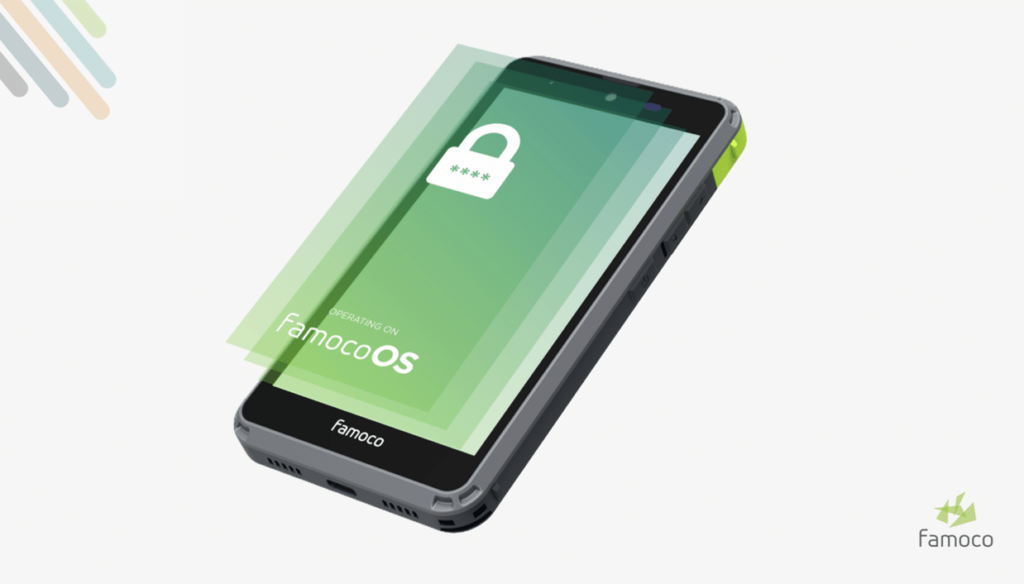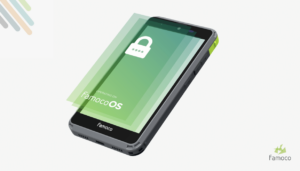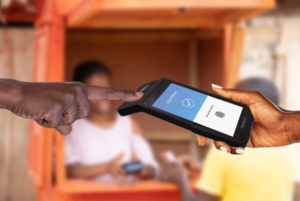The digital revolution has become a key priority for businesses looking to streamline their operations. The use of technology is no longer optional, particularly when it comes to professional devices like smartphones, tablets, or payment terminals, all of which rely on operating systems (OS) to function effectively.
The data transferred while using devices is often described as the “new oil.” Recent investigations highlight how large corporations exploit user data without adequate transparency. On September 12th, the Irish Data Protection Commission (DPC) announced the opening of an investigation into the Californian giant, suspected of using personal data from its European users to feed its AI.
Choosing a secure and sovereign OS is a step toward regaining control over such data movement, and we will explain why in this article.
What is an Operating System?
An operating system (OS) is the software that manages how applications run on a device’s hardware. It provides a set of services such as connectivity, localization, display and management of external peripherals. Essentially, the OS controls how internal memory is allocated, handles input/output operations with connected devices, and manages data storage in files, often accessed via a network. It optimizes the user’s tasks while providing a user-friendly interface, making the device easier to navigate.
To illustrate the role of an OS, we could contextualize it in a company. In this scenario, the OS would be the management team that oversees all operations, while the applications would be the collaborators, who go through the management team to get the authorizations and resources they need to complete their tasks.
Additionally, through a connectivity system, the OS communicates with servers that host the data required for the applications to run, as well as the data generated by their use. This information is stored and managed by the OS owners.
The challenges of choosing the right OS for a company
In today’s workplace, mobile devices have become an essential tool for improving efficiency and digitizing workflows. Field workers often rely on mobile business applications for tasks like tracking shipments, verifying customer identities, or processing payments. Consequently, the OS of these devices collects sensitive or even confidential data related to business operations. This data can include customer data, financial records, geolocation information, or even medical details.
To safeguard against data breaches, such as hacking attempts, it’s crucial for companies to select a secure OS. Today, there are dozens of different operating systems on the market. Their authentication processes, encryption methods, and the frequency of updates allow them to meet or surpass security standards.
However, while an OS can protect devices from external threats, it doesn’t necessarily prevent the use of device data for commercial purposes. This raises important questions about data sovereignty, especially in a business context.
Famoco OS, an Operating System based on the Android Open Source Project and dedicated to professionals
Android, first launched in 2003, is now the world’s most widely used mobile operating system. In 2023, more than 70%1 of the world’s population used this operating system. Its uniqueness lies in its open-source distribution, referred to as AOSP (Android Open Source Project). This allows companies using Android in their devices to modify its source code to tailor it to their specific needs. This ability to customize helps companies differentiate themselves in a crowded market, while also allowing for additional security layers for the reasons mentioned above.
Thanks to this project, Famoco has created its own secure OS—a self-contained ecosystem without pre-installed third-party apps. Famoco OS is free of Google Mobile Services, ensuring that no information related to device activity or applications is transmitted to Google. Moreover, with its integrated Safeguard solution, applications can verify to their backend systems that they are running on an uncompromised Famoco device. This guarantees the blocking of any attempt to compromise the security of business applications.
Famoco OS was recently audited by Greenspector, a French firm specializing in digital sustainability. The audit concluded that Famoco devices manage data more securely and efficiently than competing devices. Famoco devices exchange significantly less data with external servers, communicating exclusively with Famoco’s servers, whereas competitors typically communicate with services like Google, Amazon, or Apple.
However, companies managing fleets of mobile devices for field operations may face challenges. Administrators might lack a real-time global view of the fleet, leading to difficulty managing mobile teams and reacting to challenging field situations. Unexpected equipment failures can delay operations and increase costs, especially if intervention times are not optimized. These challenges require tailored solutions to improve field operation management.
1 StatCounter. “Mobile Operating System Market Share Worldwide.” StatCounter Global Stats, 2024, gs.statcounter.com/os-market-share/mobile/worldwide.



